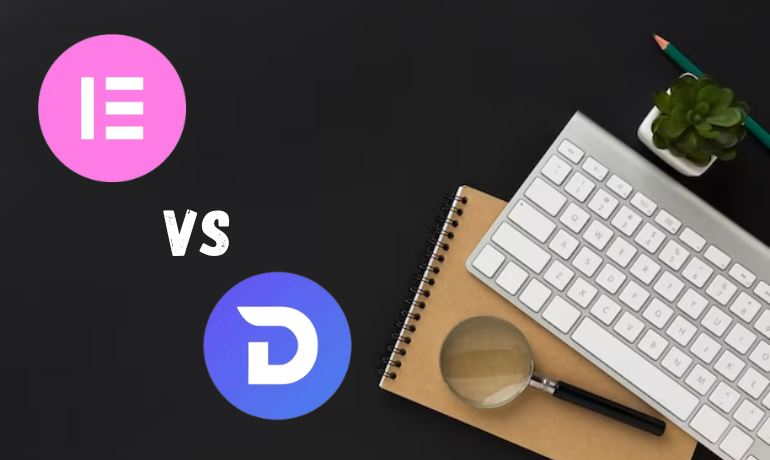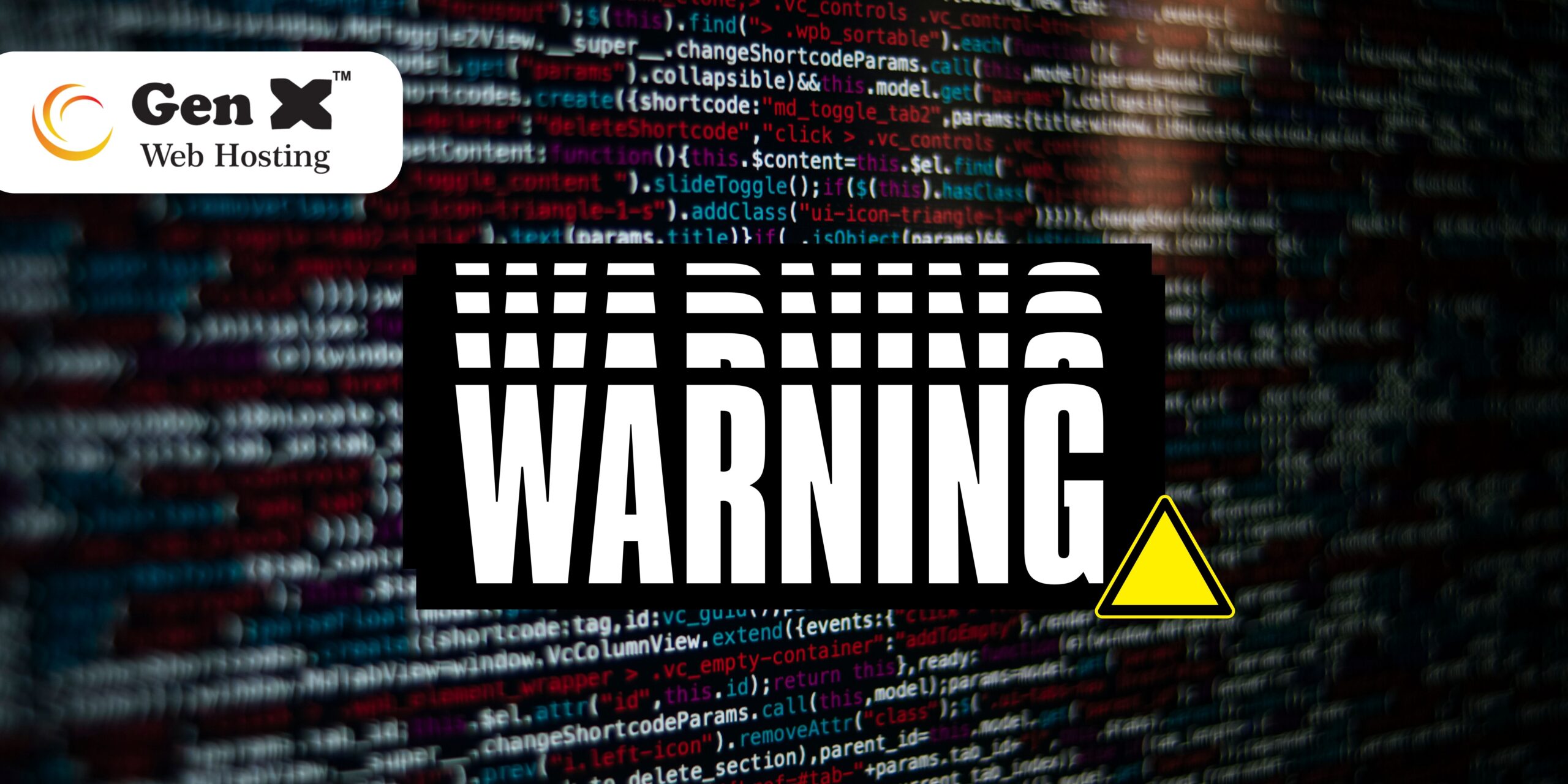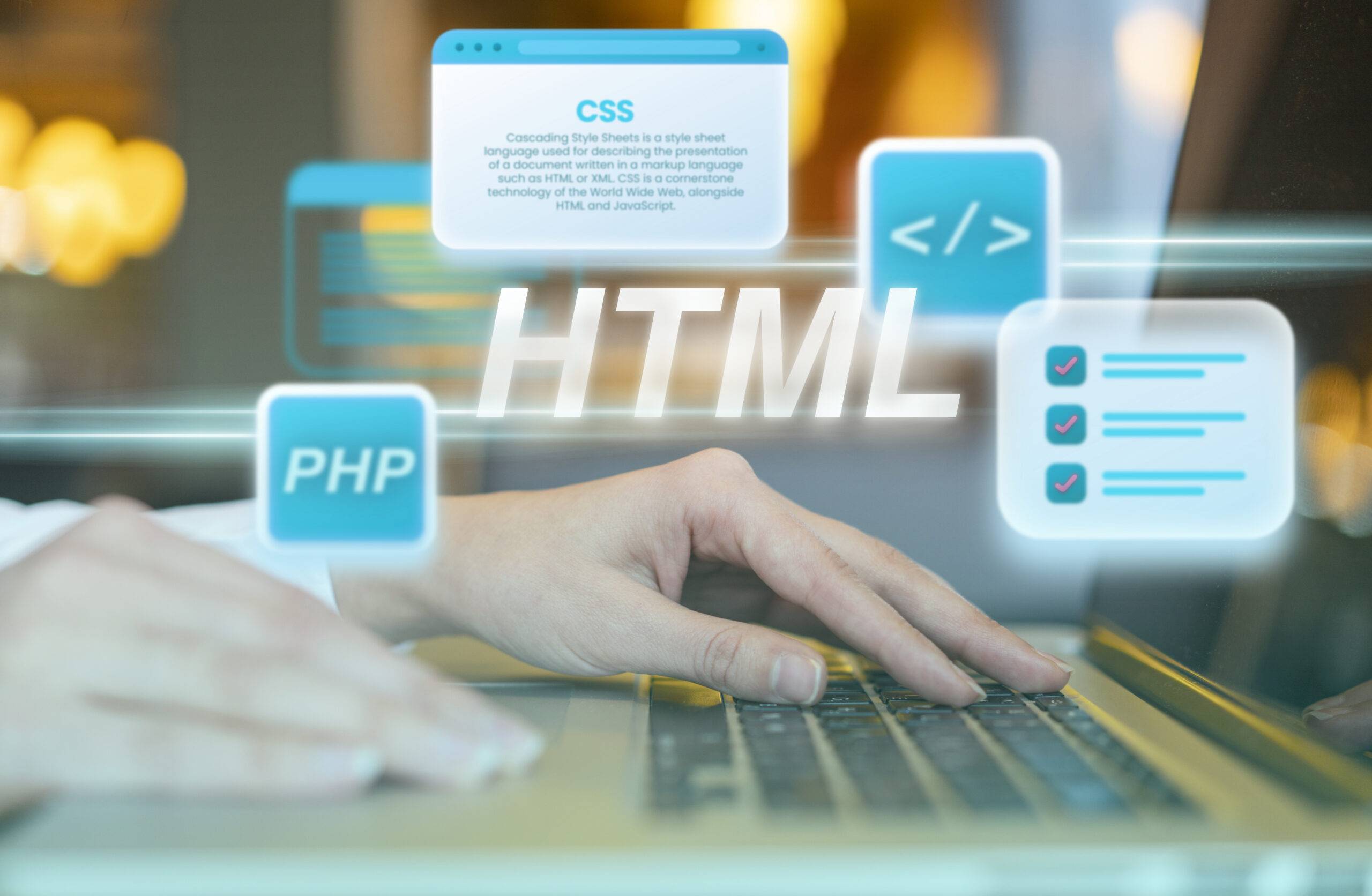
PHP Extensions are modules that provide additional functionality to the core PHP language. They are used to extend the capabilities of PHP by adding features and functions that are not part of the core language. PHP Extensions can be either built-in or added through external libraries.
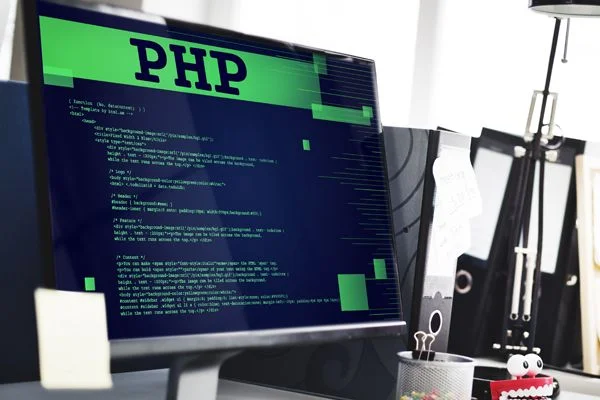
Basic PHP Extensions
PHP comes with a set of core extensions that provide fundamental functionality. These extensions are typically included with the PHP installation and cover a broad range of features. Here are some basic PHP extensions:
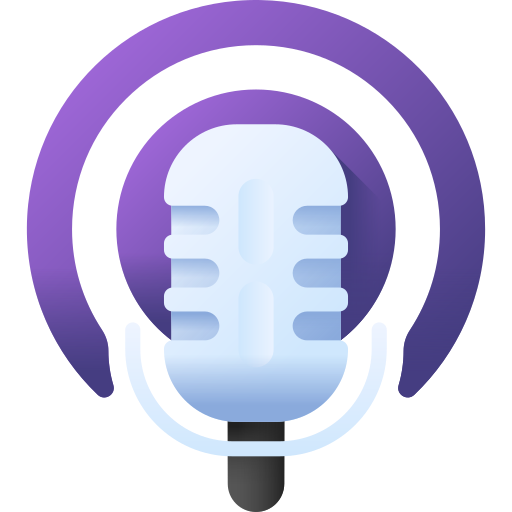
- PDO (PHP Data Objects): Provides a consistent interface for interacting with various databases.It permits engineers to work with various data set frameworks utilizing a brought together arrangement of capabilities.
- MySQLi (MySQL Improved): An extension for MySQL database connectivity. It offers an object-oriented interface and supports features not present in the older MySQL extension.
- cURL: Enables PHP to make HTTP requests to other servers. It supports a variety of protocols, including HTTP, HTTPS, FTP, FTPS, and more.
- JSON: Adds support for JSON (JavaScript Object Notation) serialization and deserialization. It allows encoding and decoding of JSON data, which is commonly used for data interchange in web applications.
- GD (Graphics Draw): Enables dynamic creation and manipulation of images. It supports various image formats and allows for tasks such as resizing, cropping, and adding text to images.
- Session: Manages user sessions in web applications. It provides a way to store and retrieve user-specific information across multiple pages.
- XML: Supports the parsing and manipulation of XML (eXtensible Markup Language) documents. It is useful for working with data interchange and configuration files.
- SimpleXML: Provides a simple and convenient way to access and manipulate XML data. It simplifies the process of parsing XML documents.
- DOM (Document Object Model): Allows developers to manipulate XML and HTML documents as a tree structure. It provides a standardized way to access, navigate, and modify document content.
- Tokenizer: Enables the parsing of PHP source code into tokens. It is often used in development tools and code analysis applications.


